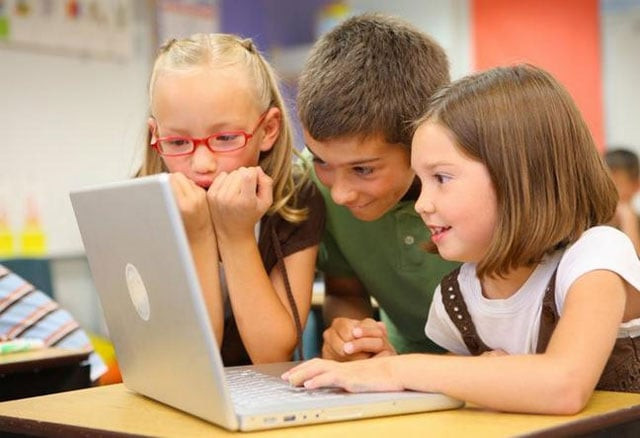Technology doesn't make school pupils smarter: study
Students who use computers very frequently at school do a lot worse in most learning outcomes, study says

Students who use computers very frequently at school do a lot worse in most learning outcomes, study says.
While almost three quarters of pupils in the countries surveyed used computers at schools, the report by the the Organisation for Economic Cooperation and Development found technology had made no noticeable improvement in results.
Conversely, in high-achieving schools in parts of Asia, where smartphones and computers have become an integral part of people's everyday lives, technology was far less prevalent in the classrooms.
Read: Mobile app launched to trace out-of-school kids
In South Korea, students used computers for an average of nine minutes at school and in Hong Kong, only 11 minutes -- just a fraction of the 58 minutes spent in Australia, 42 in Greece and 39 in Sweden.
"Where computers are used in the classroom, their impact on student performance is mixed at best," OECD's education director Andreas Schleicher said in a foreword to the report, the think-tank's first on the topic.
"Students who use computers very frequently at school do a lot worse in most learning outcomes, even after accounting for social background and student demographics."
The report measured the impact of technology use at school on international test results, such as the OECD's Pisa tests taken in dozens of countries around the world and other exams measuring digital skills.
It found that education systems which have invested heavily in information and communications technology have seen "no noticeable improvement" in results for reading, mathematics or science.
Read: Do you know what your children are watching and playing during screen time?
The OECD urged schools to work with teachers to turn technology into a more powerful tool in the classroom and develop more sophisticated software for experimentation and simulation, social media and games.
"The real contributions ICT can make to teaching and learning have yet to be fully realised and exploited," it concluded.



















COMMENTS
Comments are moderated and generally will be posted if they are on-topic and not abusive.
For more information, please see our Comments FAQ